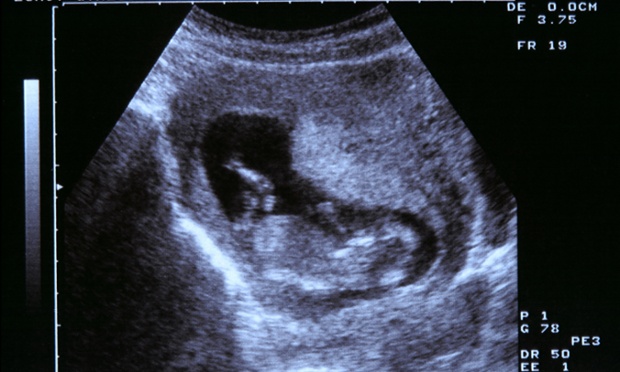Taking the painkiller paracetamol in pregnancy for a week or more could potentially have effects on a developing male foetus, according to research. Paracetamol is the painkiller considered safest for pregnant women. However, researchers investigating reproductive defects in baby boys such as undescended testes say there may be a link between low levels of testosterone and paracetamol intake. There is no reason to think that taking the painkillers for a day could cause any problem, they say – but a study involving a mouse model, grafted with human tissue and given hormones to imitate the state of pregnancy, found the drug lowered testosterone levels over the course of a week. Prof Richard Sharpe, of the MRC Centre for Reproductive Health at the University of Edinburgh, said the incidence of disorders involving damage to male fertility was remarkably high. Among young men across the UK and in northern Europe, “something like one in six will have had one of these disorders”, known collectively as testicular dysgenesis syndrome. Researchers are probing the possible causes, including the possibility that something in the parents’ diet or lifestyle might be responsible. Scientists at Edinburgh constructed a study in a mouse model of human pregnancy to assess whether paracetamol use could be implicated. They grafted human testicular tissue on to mice, a technique that has previously been used to investigate the effect of environmental chemicals on testosterone production. The mice were given a typical daily dose of paracetamol either for a day or every day for a week. The study, in the journal Science Translational Medicine, showed no effect on testosterone production after 24 hours, but after seven days the amount of testosterone produced by the human tissue grafted on to the mice declined by 45%. “Paracetamol is freely available over the counter and often taken without consideration necessarily of the side-effects,” said Dr Rod Mitchell, Wellcome Trust intermediate clinical research fellow at the university. “The study would support current recommendations that paracetamol should be taken for the shortest possible time and at the lowest possible dose.” Women who needed pain relief for longer than a day should be advised to consult their doctor, because pain or fever in pregnancy needed to be addressed. About 65% of pregnant women have taken paracetamol at some point in pregnancy, studies suggest, and there is evidence that people consider it to be harmless. “Paracetamol is an effective painkiller and effective in lowering temperature. We don’t want pregnant women to be suffering from those things, but we have to recognise that in situations where often paracetamol is taken without a second thought, there might be side-effects,” Mitchell said. Other scientists warned that findings from animal studies were not always replicated in humans, which the Edinburgh team also acknowledged. However, Dr Christoph Lees, head of foetal medicine at Imperial College NHS trust, described the study as “important and carefully conducted”. The study by itself should not lead to any change in prescribing practice, he said, because paracetamol continued to be safe in the short term. “However, it will be for regulatory authorities to consider the evidence from this study and others in relation to longer duration paracetamol use especially after the first trimester of pregnancy. It raises the interesting question, as the possible adverse effects are as far as we know limited to testicular development, as to whether advice on prescribing should differentiate between mothers carrying boys and girls,” he said. Prof Maureen Baker, chair of the Royal College of GPs, said the study raised questions about the safety of the drug. “Pregnant women who have been taking paracetamol to ease discomfort – either as prescribed by their doctor or self-medicated – should not panic as a result of this research. But if they are concerned about taking the drug regularly over a long period of time, they should make a non-urgent appointment with their GP, or visit their local pharmacist,” she said. the guardian











